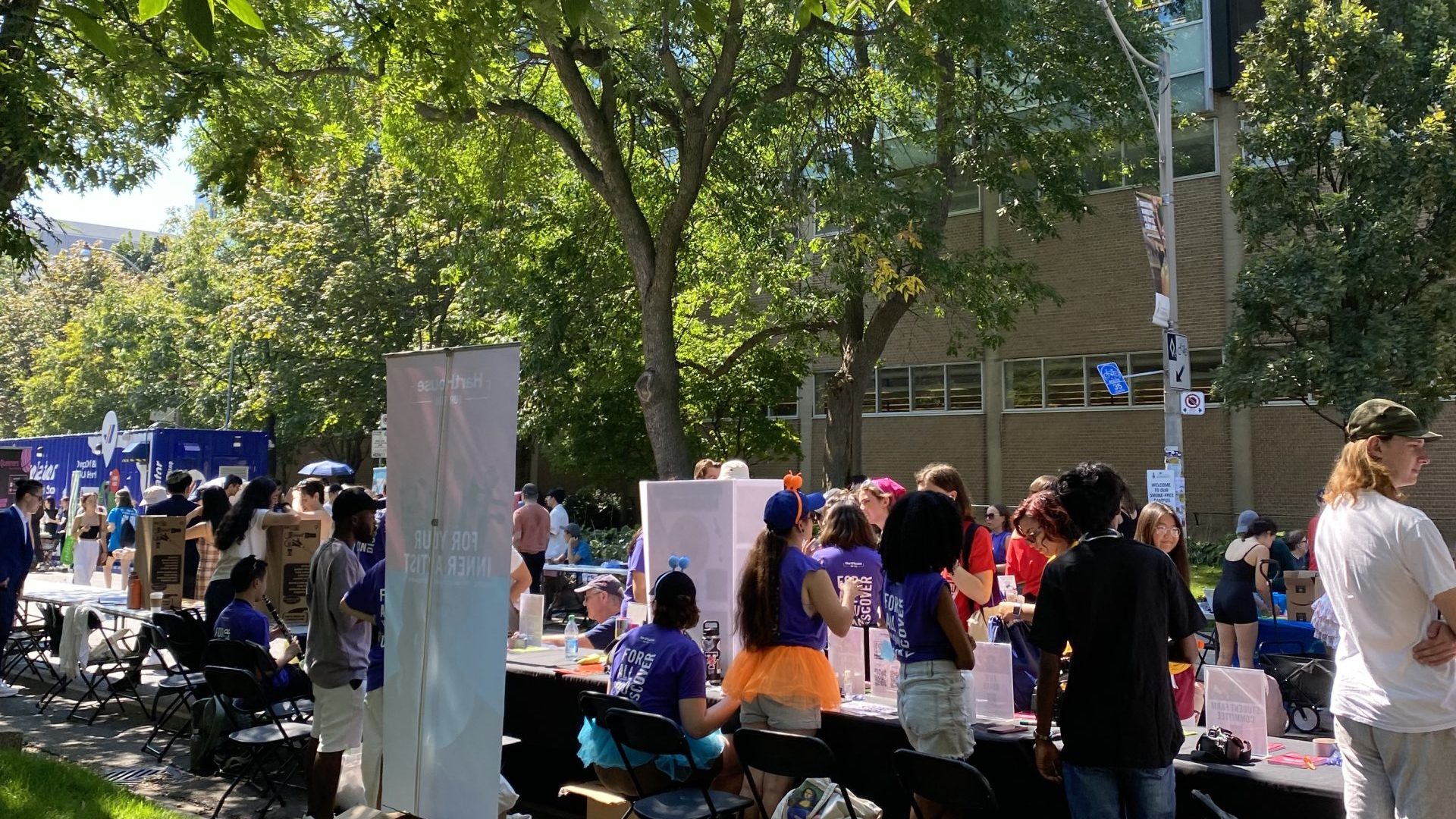It can feel incredibly overwhelming to start building your resume as a student. School alone can feel like too much sometimes, and that can make it feel impossible to find time for any professional development. Luckily, there are so many different ways to build your resume and professional skills, and you can find the ones that work best for you!
Here, I'll share with you some of the ways that I have sought out work experience, and I will also link to some U of T resources and programs that might be useful for you. Remember that everyone's career goals and journey look different, so take what works and leave what doesn't!
Work Experience
The most obvious form of resume building is a paid job. If you're a full-time student, I would recommend on-campus and Work Study jobs, as these are the most flexible and understanding of your schedule and priorities. U of T jobs can be found on CLNx and encompass a range of fields and work types.
I have spent the past two years working for Student Life as a Digital Storyteller, and it has allowed me to gain tons of valuable skills, such as trend analysis, video editing, and writing (like this blog post)! Remember that at this stage of the game, any work experience can be useful, both in gaining skills and proving your reliability to future employers.
Summer jobs can also be a great way to work, and can give you the chance to have a full-time job that you might be too busy for during the school year. There are even organizations like Young Canada Works that help students and young professionals find summer jobs in their field.
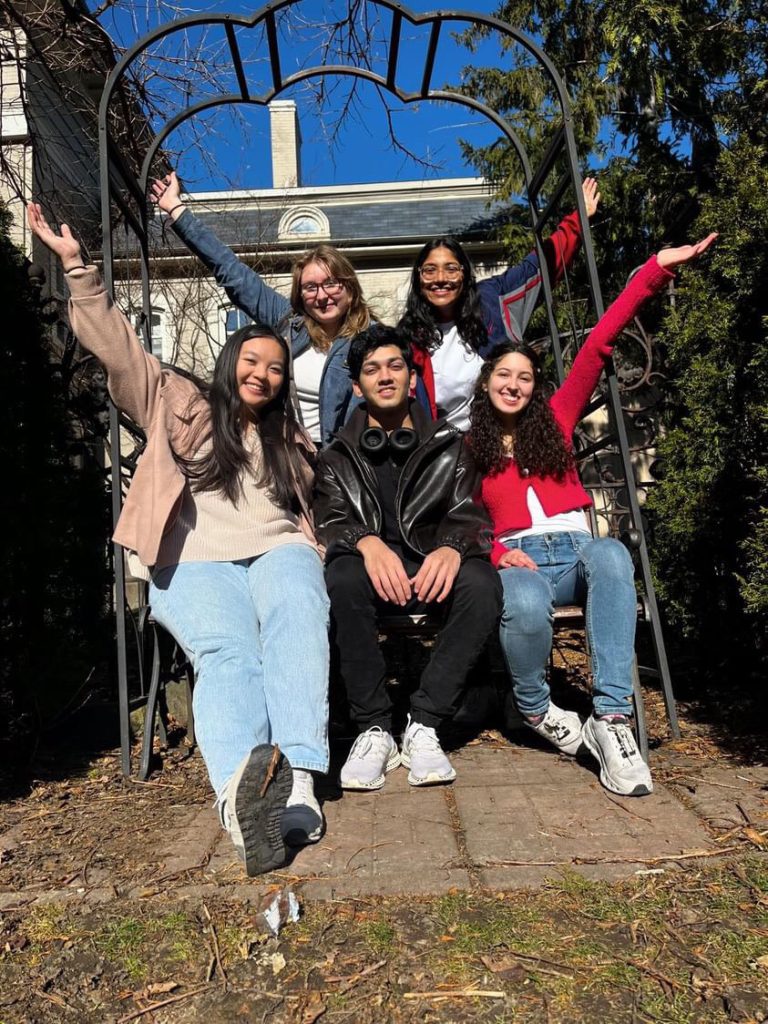
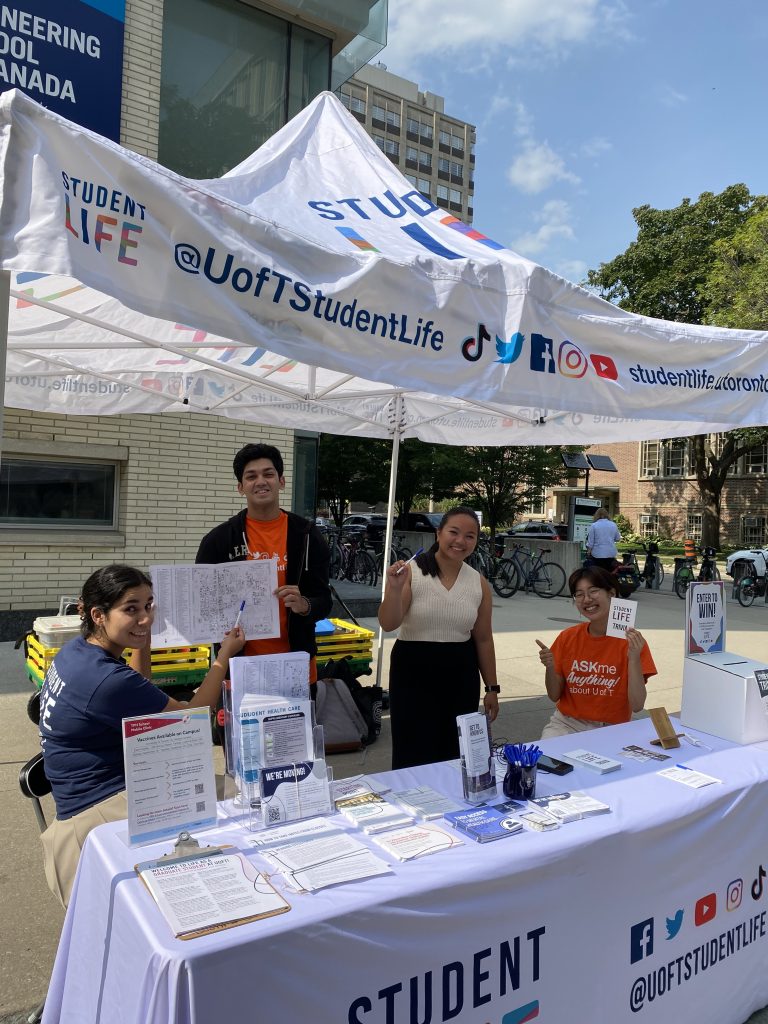
Extra-Curriculars
Another type of experience you might find on-campus (although Toronto provides lots of opportunities off-campus as well) is extra-curriculars, like clubs and groups. If you can, try to join a club early on in your degree, as it can be easier to move into a leadership position if they already know who you are, but don't stress if you haven't found your club yet. Generally, extra-curriculars are entirely student-run, allowing students to take on a lot of responsibility in ways that a paid job might not allow for. Again, any experience can be good experience, so don't be afraid to pick something fun and try out a new leadership role.
I have served as an exec for two different clubs during my undergrad (GLAM and VicDance), and both roles allowed me to learn unique skillsets. Also, extra-curriculars can be a great way to meet new people with similar interests, make friends, and network!
In addition to clubs, there are also leadership opportunities in student government, course associations, and other student groups.
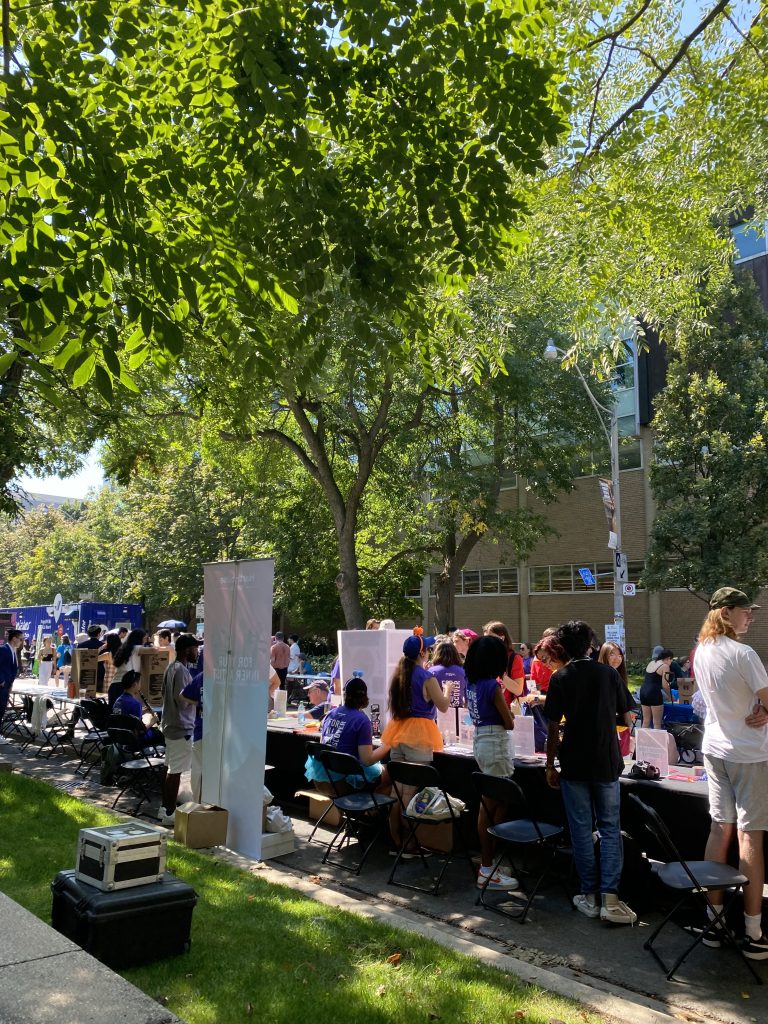
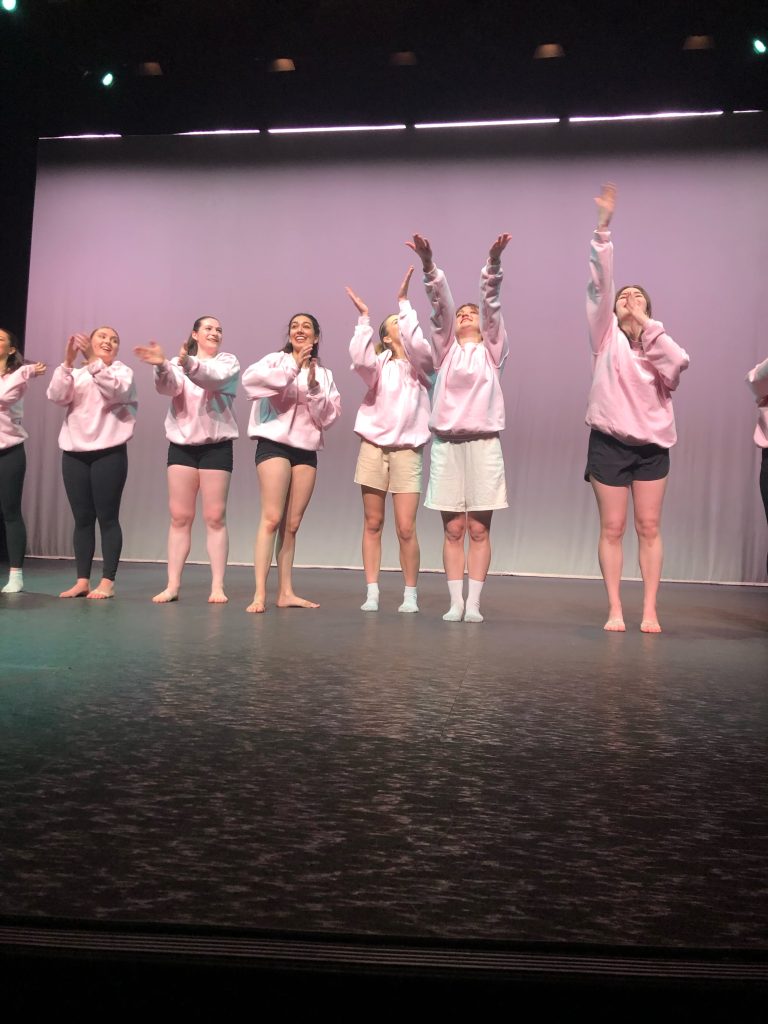
Volunteering
Looking off-campus now, volunteer work can be another great way to build your skillset and start making connections in your industry. It can also help you learn more about the types of work available in your field and what career paths best suit your strengths and interests. Most of the time, organizations LOVE to have volunteers, so it never hurts to put yourself out there and see what you can find.
This year, I started a volunteer position which has given me access to experiences and skill-building opportunities that I would have had a hard time finding otherwise. It's been a super fun and rewarding experience and has taught me a lot about my own professional interests.
While I can't give specific advice for every field, I would first recommend looking up workplaces in your field and seeing if any of them have formal volunteer programs. That being said, don't be afraid to reach out and see if they have anything you can help with or if they know of anywhere that DOES take volunteers.
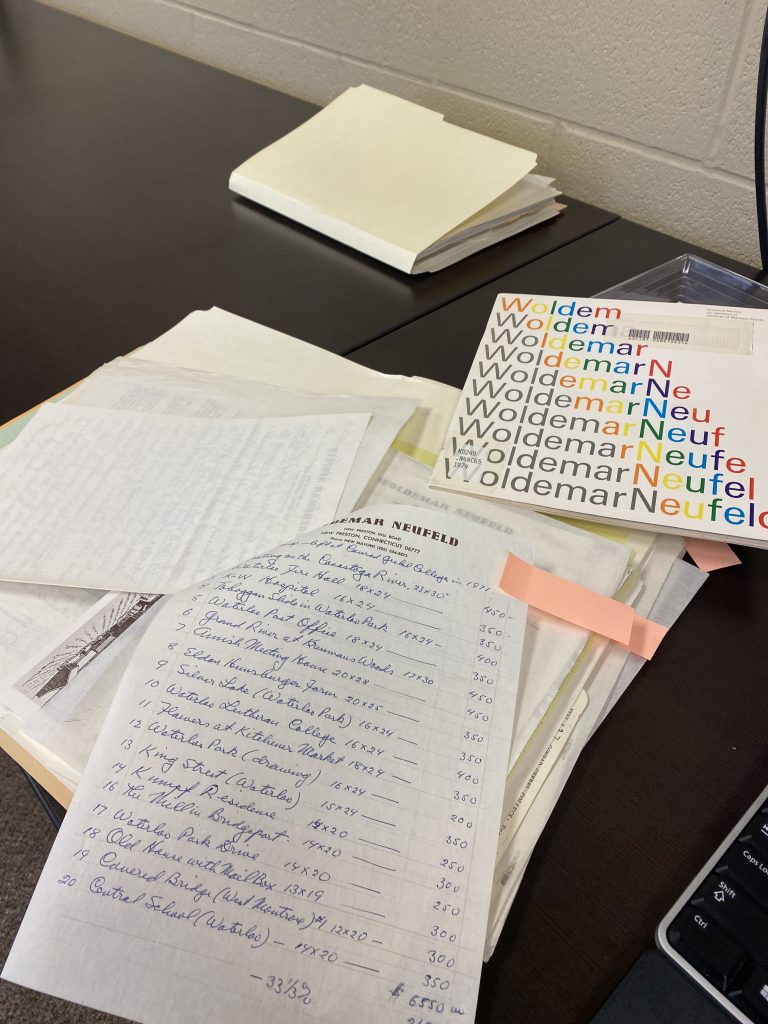
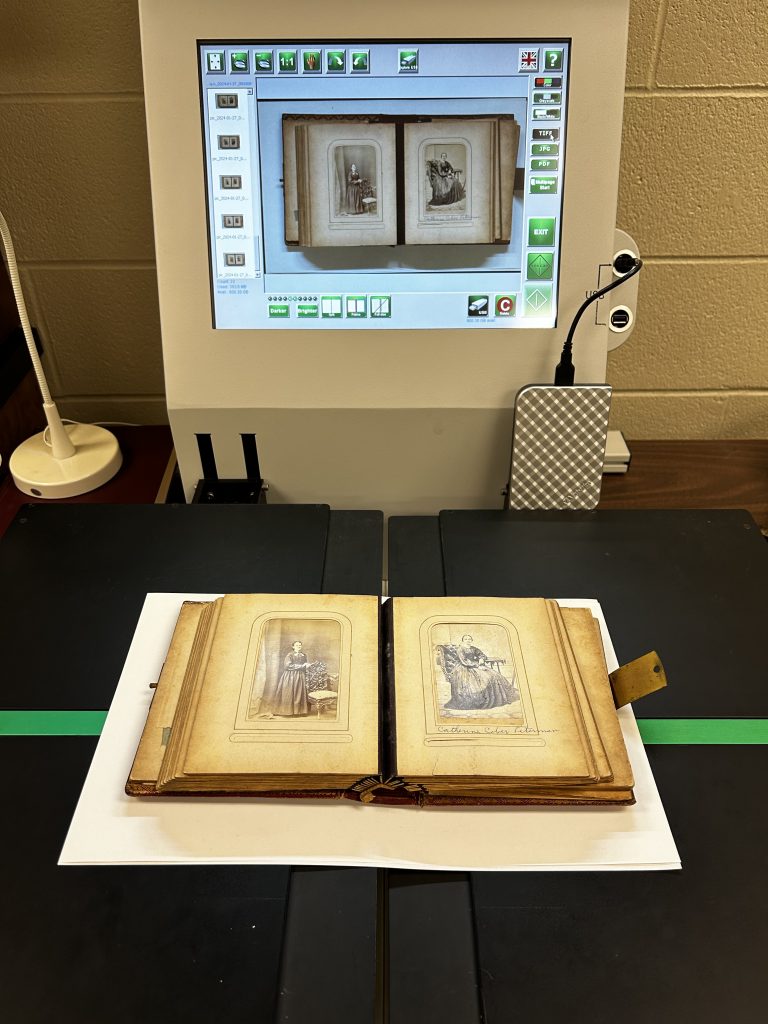
Internships
Moving on to something I haven't tried yet, we have internships! The easiest way to find internship opportunities as a student is probably through your program. Many U of T programs offer internship courses, where they help you secure a placement and also provide you course credit for your work. U of T also offers the Arts and Science Internship Program, which is available to rising 2nd (and sometimes 3rd) year students and can help secure internship opportunities.
Other U of T Programs
Beyond the resources listed above, U of T has a multitude of other professional-development opportunities for its students:
- Research Opportunities Program: Gain course credit while assisting a professor with their research
- Research Excursions Program: Go abroad and assist with research
- Scholars-in-Residence: Funded summer research opportunities on-campus
- Course-Based Experiential Learning: Many programs offer courses with an experiential learning focus, where you can build skills and network while gaining course credit
- Research Fairs: Many student associations, colleges, and faculties hold undergraduate research fairs/conferences, which allow you to connect with students and professors over shared academic interests as well as giving you the opportunity to develop your presentation skills
I hope this (non-exhaustive) list helps you in your career journey. Please use this post as a jumping-off point for doing your own research and figuring out the path forward that fits your goals and needs!
Good luck in your job hunt — you've got this!
– Annie
